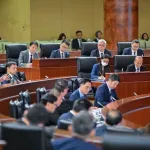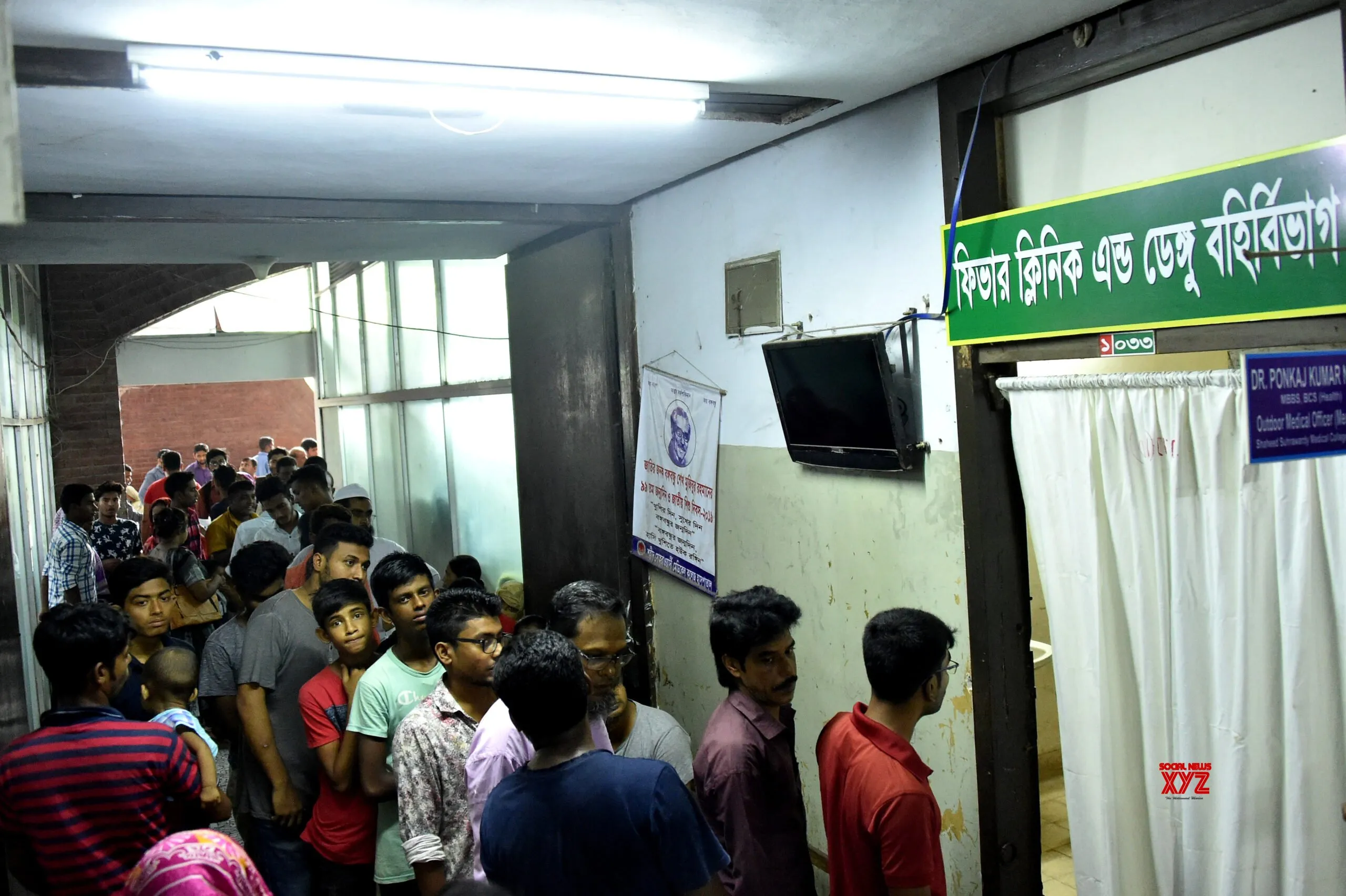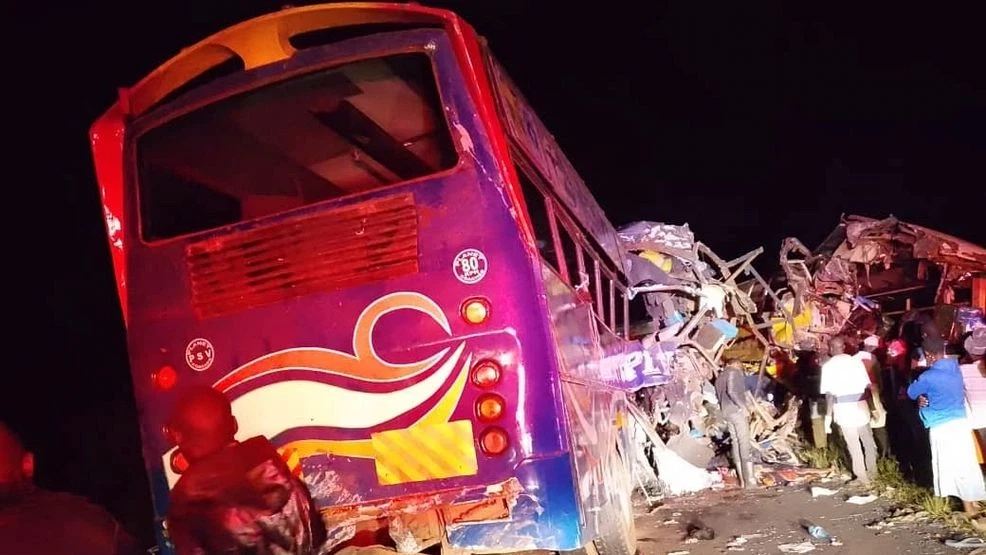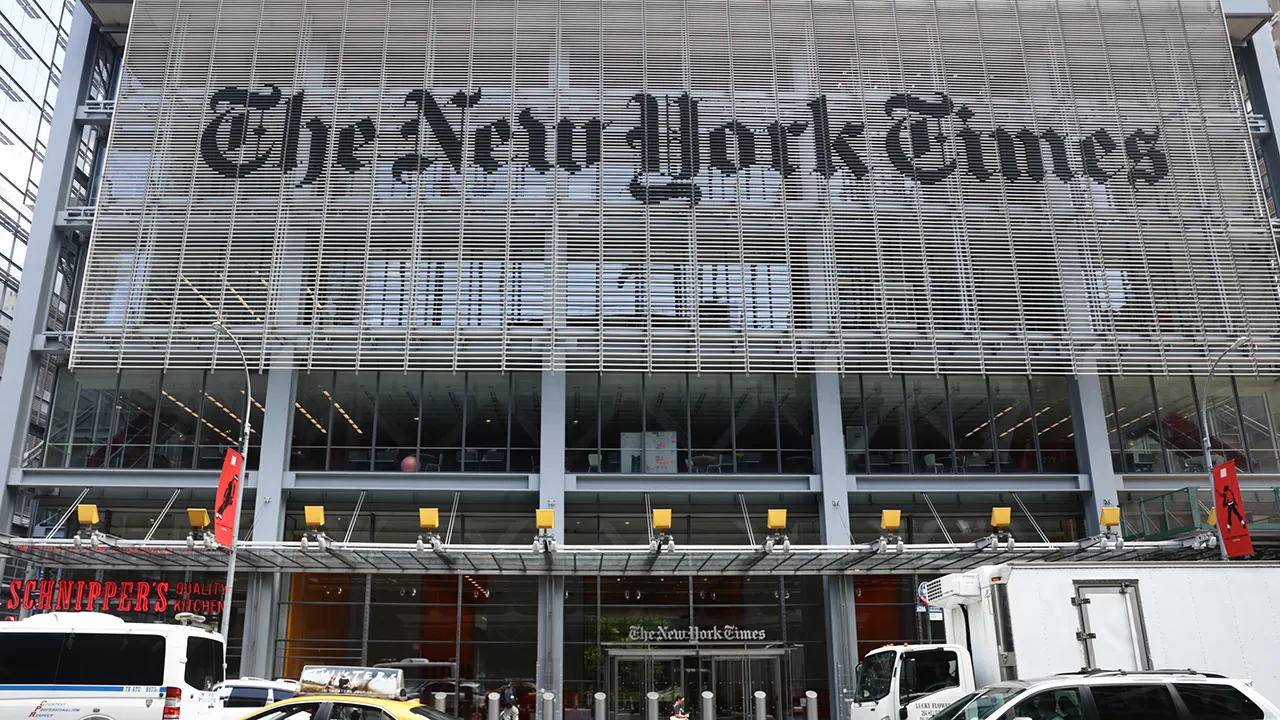Copyright Mechanicsburg Patriot News
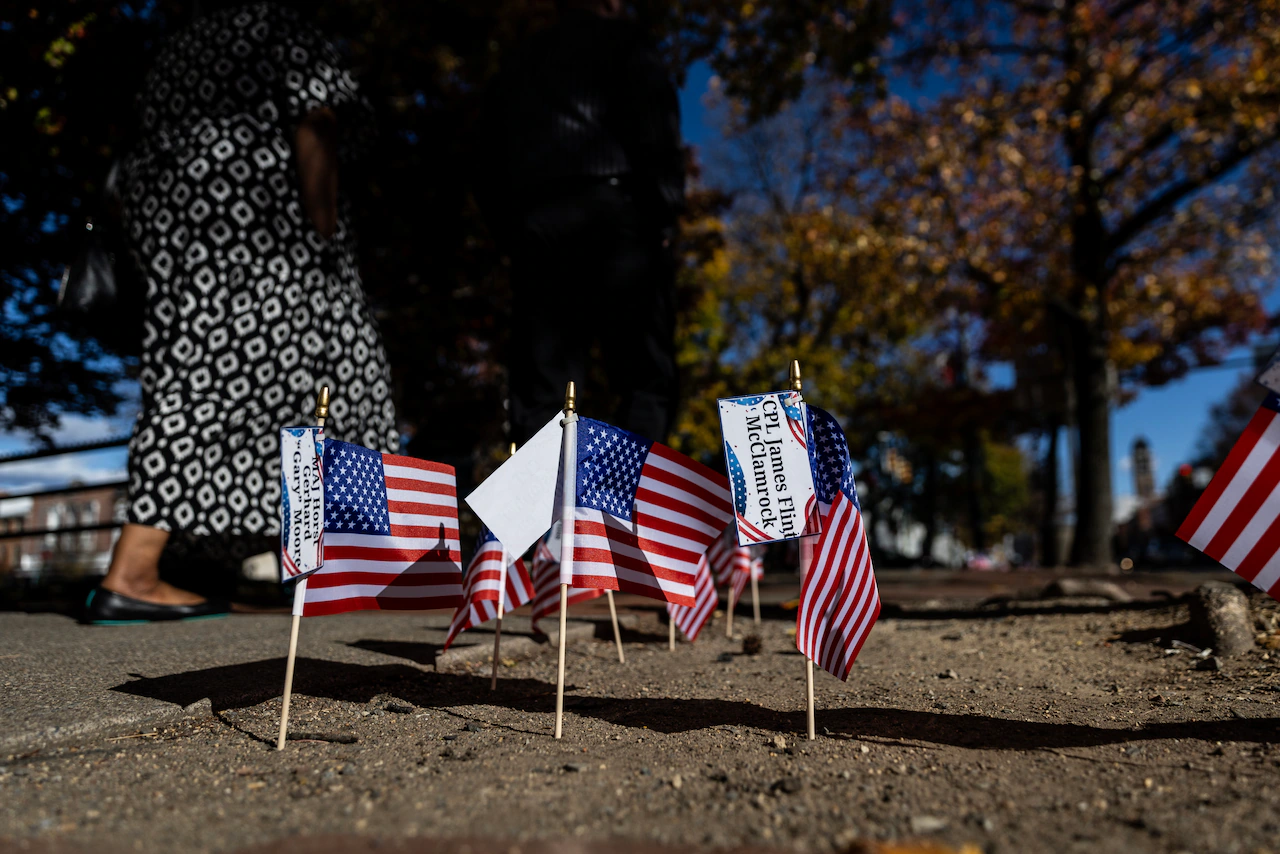
By Dr. Edmund Sabanegh Every Veterans Day, we pause to honor the men and women who have worn the uniform of our nation. Their service and sacrifice safeguard the freedoms we enjoy every day. But beyond our gratitude, we also carry a responsibility to ensure that every veteran receives the care, respect, and support they deserve. For me, that responsibility is deeply personal. I come from a lower middle-class family built on service, patriotism, and hard work. When my Public Health Service scholarship for medical school was withdrawn due to federal budget cuts, I had a short period to find another path. I chose the U.S. Air Force, partly because I had a lifelog fascination with planes. That decision became one of the defining choices of my life. Over 21 years of active duty and four in the Air Force reserves, I served as a clinical surgeon, flight surgeon and department chair, leading a team of more than 50 people by the age of 36. The military has a way of giving you responsibility before you may think you’re ready for it, but they provide strong leadership support, and that’s how leaders are made. My time in uniform taught me that leadership isn’t about rank; it’s about service. It’s about teamwork, discipline, and doing the right thing even when the path isn’t clear. As one of my mentors, a general officer, once told me: “If you’re chosen to lead, lead. And when you don’t know what to do … do the right thing.” Those lessons guide me every day in my role at The Guthrie Clinic. Transitioning from military to civilian medicine wasn’t without challenges, but the principles are the same: patients are the priority, teamwork is imperative, and the calling to serve endures. I’m proud that The Guthrie Clinic reflects these same values. Today, hundreds of our caregivers are veterans who have chosen to continue their service by caring for others. Their experience, discipline, and compassion strengthen our organization and our communities. We are equally proud to care for veteran patients throughout the region. Through the Veteran Patient Assistance Fund, The Guthrie Clinic provides direct help to veterans and their immediate families facing the financial strain of serious or chronic medical conditions. Our Veterans Resource Center offers a space for connection and guidance, and our veterans’ monuments serve as lasting reminders of the sacrifices made in defense of our country. But honoring veterans also means confronting the challenges they face when they come home, especially in rural America. I’ve witnessed the challenges of military injuries and the realities of rural emergency rooms, and I can tell you that rural healthcare is a critical part of America’s defense infrastructure. Rural hospitals are not just community assets; they’re critical to disaster response, economic stability, and national readiness. They are the quiet infrastructure that keeps America ready, resilient, and strong. Caring for rural America requires the same sense of duty, teamwork, and adaptability that defines military service. At The Guthrie Clinic, we put that into practice during the COVID-19 pandemic. The Guthrie Pulse Center, created to monitor patients remotely, was like a command center in motion: a strategic, methodical, and team-driven response that relied on resourcefulness and innovation to save lives. It’s a model for how healthcare systems can respond to crisis with precision and purpose, even when they are smaller and without deep pockets. The rural health crisis demands a national response, much like any other threat to American lives. Communities across the country are losing access to essential care because hospitals are underfunded, understaffed, and overstretched. We cannot be complacent. Rural hospitals keep our communities functioning in times of calm and capable in times of crisis; they deserve the same investment and urgency we would devote to other matters of national security. Studies have shown that leaders with military backgrounds bring resilience, crisis-management, and mission-oriented thinking to their civilian roles, skills that are increasingly vital in healthcare. That’s why I have a special message for my fellow veterans: Your country still needs you. The healthcare workforce needs you. Your leadership, experience, and commitment to service can make a profound difference. Finally, I would be remiss not to note that my own family’s story of service continues. My son was recently deployed with the U.S. Air Force, following in the same path of duty that has shaped so much of my life, and I couldn’t be prouder. As a nation, and as a healthcare organization, we must continue to bridge the gap between gratitude and action. Honoring veterans isn’t just about one day of thanks; it’s about ensuring that every day, they have access to high quality care and unwavering support. To all who have served, and to the families who have shared that service: thank you. At The Guthrie Clinic, we are honored to serve you in return.
